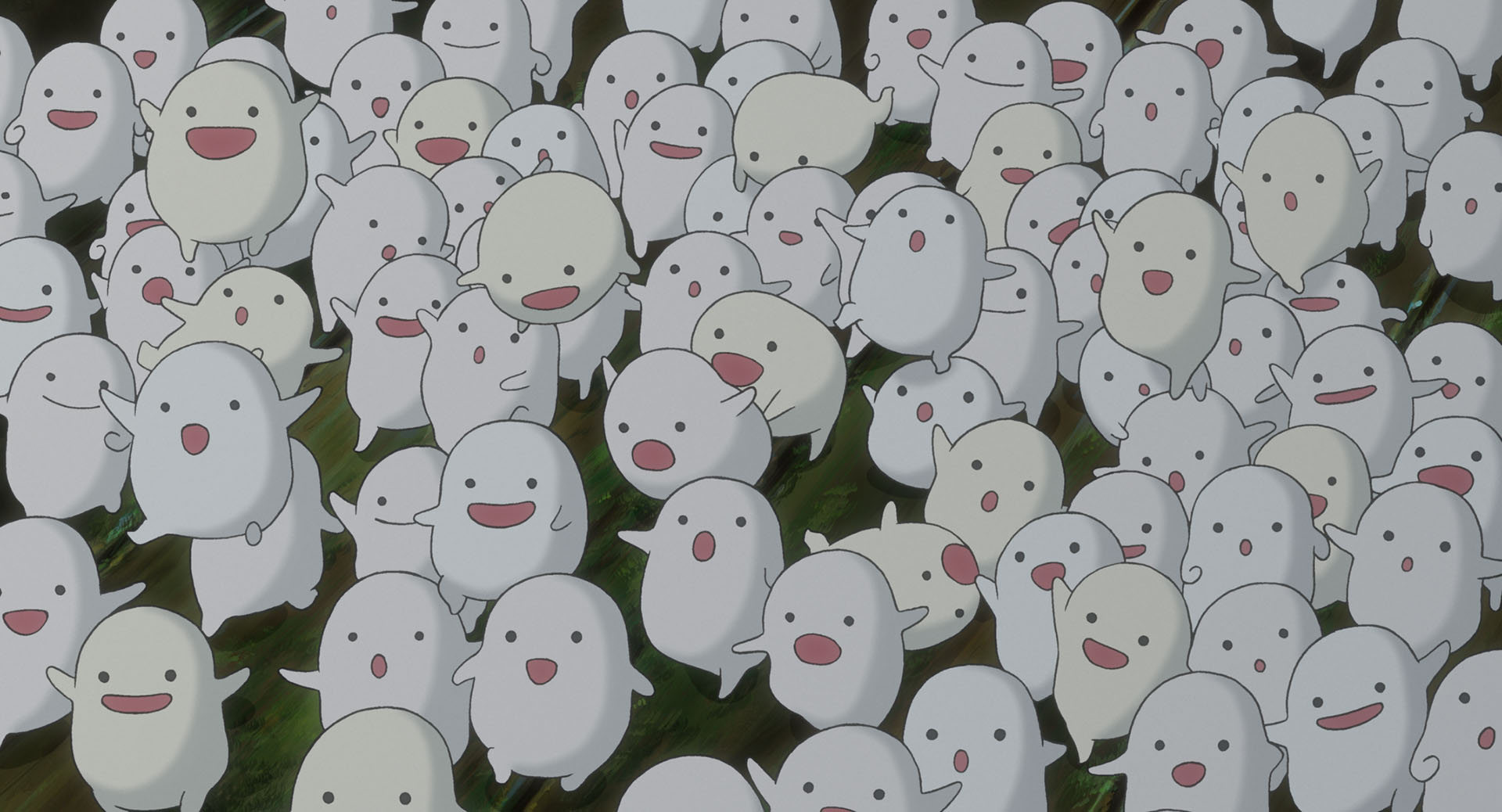The Boy And The Heron [Review]
As we come to the end of 2023, I knew that I had to go and catch The Boy And The Heron in theaters. Hayao Miyazaki has been masterfully telling stories via the mediums of animation and manga for over 45 years, and while he has teased us with his “final movie” a time or two before, there has been increasing chatter that this film may ultimately prove to be his capstone work.
So, I settled in, and indulged in his latest adventure.
The Boy And The Heron takes place during World War 2, and centers on Mahito Maki - a young boy still struggling to process the death of his mother following an air raid. His father, a successful factory owner named Shoichi, gets re-married to Mahito’s aunt Natsuko, and the three of them seek out a quieter life in the country while the war rages on. At Natsuko’s estate they are greeted by a gaggle of old women - lovingly referred to as “the grannies” - who enjoy the benefits of Shoichi’s position with hard-to-find delicacies like canned meat and tobacco. They also take pride in caring for the home, as well as Natsuko and Mahito.
From the start, the grannies warn that “strange things” were known to happen at the estate, leading back to the odd tower that resides on the property, constructed by Natsuko’s eccentric grand-uncle. The estate is also occupied by a curious-looking gray heron.
After an attempt to go to school ends in conflict between Mahito and the local boys, he finds himself homebound, and curious about the mysteries of the heron, and the tower. He’s also preoccupied by the sounds of his mother calling out to him in his dreams, and soon enough the Heron begins to speak.
“Your mother is waiting for you…”
Or so the Heron says. Mahito resolves himself to go on an adventure to this strange land and seek out his mother, fully aware it could be a trap, and his journey makes up the core of the film.
The first thing I wanted to address was the unusual narrative structure of the film. Miyazaki plays a lot with the concept of sleep and dreams in this movie, so much so that you begin to doubt where the line between reality and dream-space resides. It’s a very Chronicles of Narnia approach, where at a certain point I wondered if Mahito was alive at all, or if the entire world was a construct of the afterlife.
It’s fascinating, and telling, how Mahito’s personal experiences affect this world as well. From the viewer’s perspective, his stepmother isn’t the archetypal villainess looking to profit off of his father or ship him off to boarding school. Indeed, she’s carrying Mahito’s younger brother, and expresses a sincere interest in being a good mother for him. Still, Mahito misses his mother, and carries anger in his heart over her loss - this influence corrupts his view of her, and in turn she struggles to make the connection she is longing for with her nephew turned stepson. The tumultuous emotions of a young boy, bordering on the early years of adulthood, has profound power in the world he finds himself in. In other words, the sense and structure of the movie is enhanced by embracing the concept of dream-logic. Fantastical things happen all the time in dreams. Characters are introduced that are familiar…somehow…yet not overtly named. Landscapes shift and are not entirely solid; an element that is called back to at the film’s climax, when its true nature is revealed. Yet nestled within the (sometimes) ridiculous world of dreaming, sincere personal learnings can be found. In this way, Miyazaki succeeds in transporting the viewer to a wholly magical and unique world, full of equal parts wonder and self-discovery, where you can be lost in the journey along with Mahito until its conclusion.
Of course, while Studio Ghibli’s narratives have their own magic, it’s the quality of the animation that sets the studio apart. On this front, The Boy And The Heron delivered beautifully. From the nuanced details of flowing fabric, to the intense sequences of the fire raids, to the vast beauty of the world within The Tower, Studio Ghibli creates a true visual spectacle with this movie, which may be why it’s purported to be the most expensive movie ever produced in Japan.
Filled to the brim with spectacle, and carrying a deeply personal message at its narrative core, The Boy and The Heron is a masterwork of animation and storytelling. Fans of Studio Ghibli, and Miyazaki, will no doubt treasure their time with this film. While I don’t think it takes the top spot for me personally among Ghibli films, it’s a superb piece of animation that deserves the many accolades it has already earned.
If it’s still in theaters near you, go out and see it!





